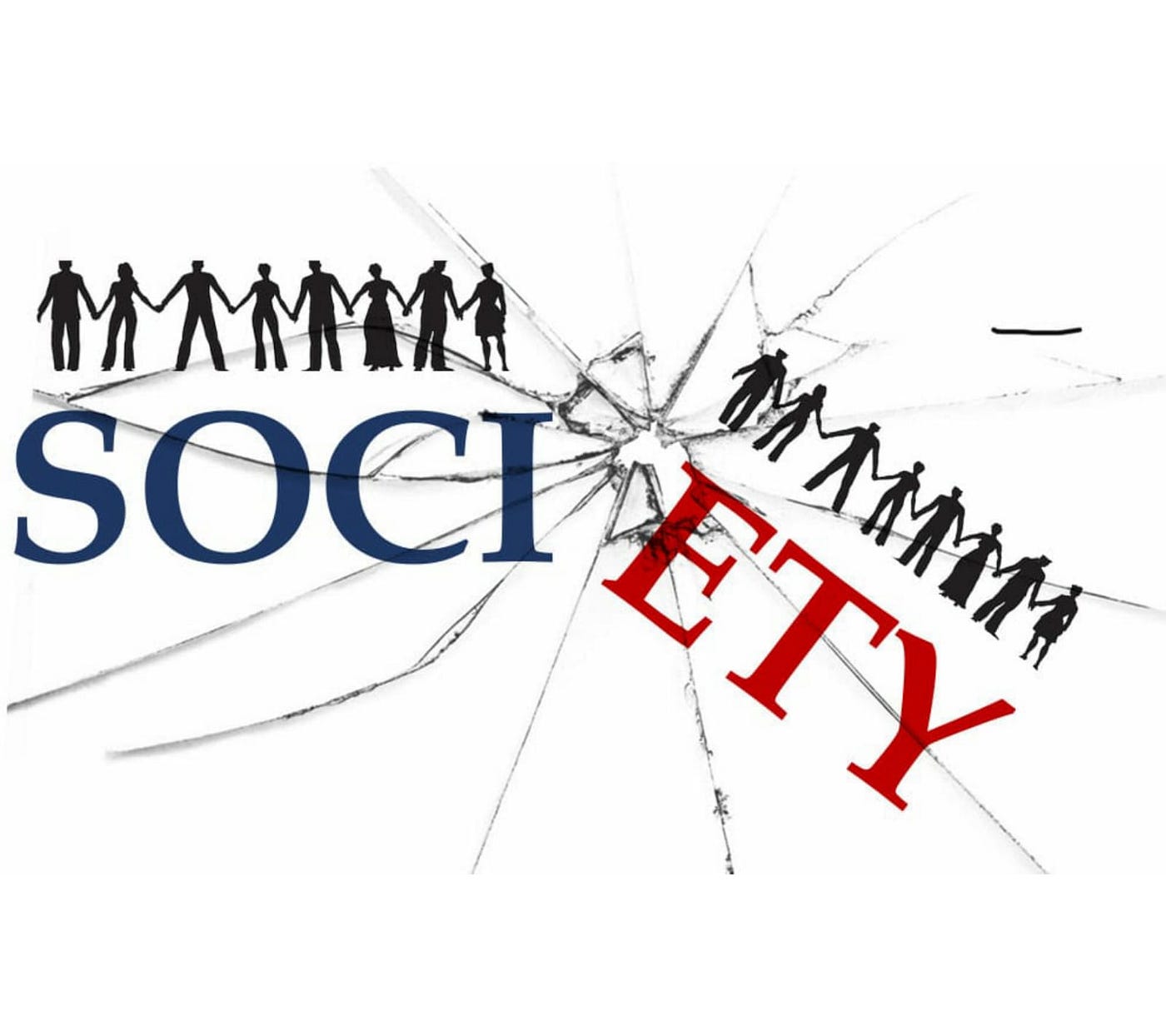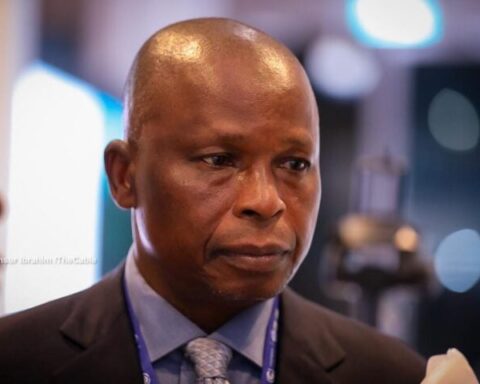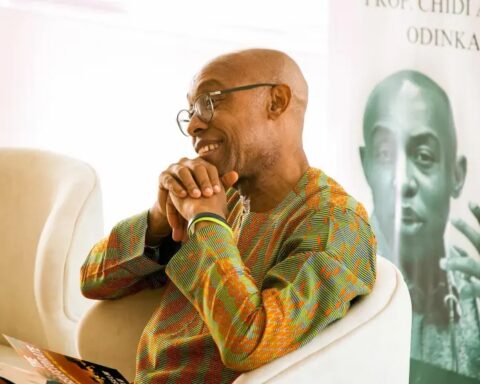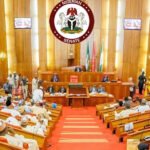By Tara Aisida
Some years ago, a man in a community was approached by his neighbors to contribute money toward fixing their street road. The road had become an eyesore, riddled with potholes and almost impassable when it rained. His reply shocked everyone: “Why should I contribute? Instead of wasting money on the road, let everyone buy a jeep.”
I was flabbergasted and amused when I heard the story especially as I thought the man was foolish to think his jeep wouldn’t be affected by a bad road. It wasn’t just funny—it was painfully symbolic. That man’s attitude is the attitude of many Nigerians today: “if I can maneuver my way through life, if I can afford a private solution to a public problem, then why should I bother about the collective good? If I have a borehole, why fight for public water? If I have a generator, why push for electricity reform? If my children can go abroad for school, why should I care about the state of our public education system?”
We foolishly assume that if we can provide the things that our government should provide and find a level of individual comfort we can escape suffering. Onye Nkuzi’s post on X (formerly Twitter) on the dangers of individualism in our society struck me deeply. He wrote that if Nigerians had lived during the Civil Rights struggle in America, instead of uniting to challenge injustice, many of us would have given testimonies about how “even though Black people weren’t allowed to sit at the front of the bus, praise God, today I was allowed to sit there!” He didn’t lie one bit because as a people we often mistake a personal breakthrough for progress, when in reality, the system remains broken. We celebrate crumbs as if they are loaves, and as long as those crumbs land in our laps, we forget the masses who still starve.
The danger of this mindset is that it blinds us to the bigger picture. We believe that if society crumbles, somehow our case will be different. But history teaches us that when a society collapses, nobody escapes. Your gated estate won’t save you from insecurity ( we all saw that poignantly during the Endsars riots) . Your private generator won’t keep the larger economy afloat. Your foreign degree won’t matter if the country you return to is unlivable.
I recently read an account on Jude Idada’s Facebook page of an old Japanese couple he met on his walk who were picking up dirt on the path as they took their walk. He asked them why they were doing so, since there were people paid to keep the park clean and their response was it is the O- Souji culture which they learnt as children and it means “All of us” “we and government are the same” Japanese and Japan are the same , what Japanese do for Japan, Japan do for Japanese, no need to wait for anyone to do. You see you do, I see, I do, everybody see, everybody do.
I read the account and marveled because it explained how orderly, disciplined, and advanced Japan is and why its players cleared up their locker room during the World Cup series. I marveled especially because they don’t practice either christainity or Islam the two world majority religions.
The truth is that Japan is advanced because everyone is not selfishly chasing their personal interests.The Japanese culture is rooted in the idea of the collective good—what they call wa (harmony). In Japan, people understand that their individual well-being is tied to the health of their community. Japanese streets are clean not because there are cleaners at every corner, but because people take responsibility not to dirty a space that others will use.
During natural disasters, like earthquakes or tsunamis, videos often emerge of Japanese citizens standing in orderly queues, sharing resources, and helping one another, rather than rushing or fighting for survival. Why? Because they know that if one person hoards or misbehaves, everyone—including them—will suffer.
This collective consciousness is what makes their trains run on time, their roads safe, and their systems efficient. It is what pushes a government to be accountable—because the people demand it, not just for themselves, but for everyone.
Now, contrast this with Nigeria and maybe just maybe we understand why it was recently reported that the Japanese had carved out a city for Nigerians to stay in.
We live in a society where the worldview is simple: “if I can sort myself out, the rest doesn’t matter.” And so, the rich fence themselves into private paradises, with boreholes, generators, security guards, and foreign schools, while the public systems rot away. The middle class, rather than fight for functional institutions, spends all its energy trying to “japa” (leave the country). The poor, unfortunately, are left to their fate, often looking up to God alone for survival.
The result? A nation where public institutions are neglected because no one believes in fighting for the collective. Instead, we make peace with dysfunction, as long as we can carve out a personal escape route.
But here is the irony: no matter how much money you have, no matter how high your walls are, you cannot fully escape the collapse of the society. The insecurity on the roads, the kidnappings, the failing healthcare system, the brain drain—all of these affect everyone. Eventually, the cracks catch up with us all as we are all beginning to experience.
The danger in the illusion of individuality that we have created is that Nigeria will continue to sink deeper. We will keep producing “testimonies” of personal survival while the nation itself dies. We will not only remain underdeveloped, but our children will inherit a nation where survival is harder than ever. Imagine a future where insecurity is so bad that you cannot travel by road or air without fear. Imagine hospitals that collapse completely, so that only the rich can fly abroad while the rest perish. Imagine schools so broken that an entire generation grows up without basic literacy. This is not far-fetched—it is the trajectory we are on. And it is fueled by one thing: the belief that as long as I am fine, the collective does not matter.
So, What Can We Do?
1. Shift Our Mindsets
We must first recognize that no one is truly safe or comfortable in a broken society. My well-being is tied to yours. Your well-being is tied to mine. If we internalize this, we will begin to care more about the state of our public systems.
2. Invest in the Collective
When asked to contribute to fixing the road, don’t say “let everyone buy a jeep.” Think about how even a repaired street benefits you, your children, and your property value. Start small, but commit to collective investments.
3. Demand Accountability
Citizens must stop accepting crumbs. Stop celebrating small favors as if they are structural change. Demand systemic reforms, not just personal privileges.
4. Teach the Next Generation
Our children must learn that greatness is not just about individual success, but about building systems that serve everyone. Let them see us model community service, integrity, and fairness.
My mind often goes back to that man who said everyone should buy a jeep. Perhaps he thought he was clever, securing his comfort while others struggled. But in reality, what he was doing was shortchanging himself. Because one day, that road will be so bad that even his jeep can’t pass.
The truth is that we are all like him, we all think our “jeeps”—whether money, education, or connections—will save us. But unless we learn to think as a group, to fight for systems that work for all, our jeeps will eventually fail us. Japan teaches us that progress is possible when the collective comes first. If Nigeria will change, it must start with a simple truth: my survival is tied to yours. Until we live with that consciousness, we will keep going in circles.
And so I remind myself, and everyone who reads this of the adage that says : “a rich man in the midst of poor people is a poor person”. Please, let us all choose the harder, nobler path of thinking beyond ourselves. Because if Nigeria collapses, it won’t matter how big your jeep is—the road will swallow us all.
Happy 65th independence to us all. May this great nation of us work during our lifetime. May we plant the seeds for the trees that will provide shade for our generations unborn. May we begin to imbibe a sense of community. Amen.
Follow us on all social media platforms @dailyquery for news and analyses around the globe.


























